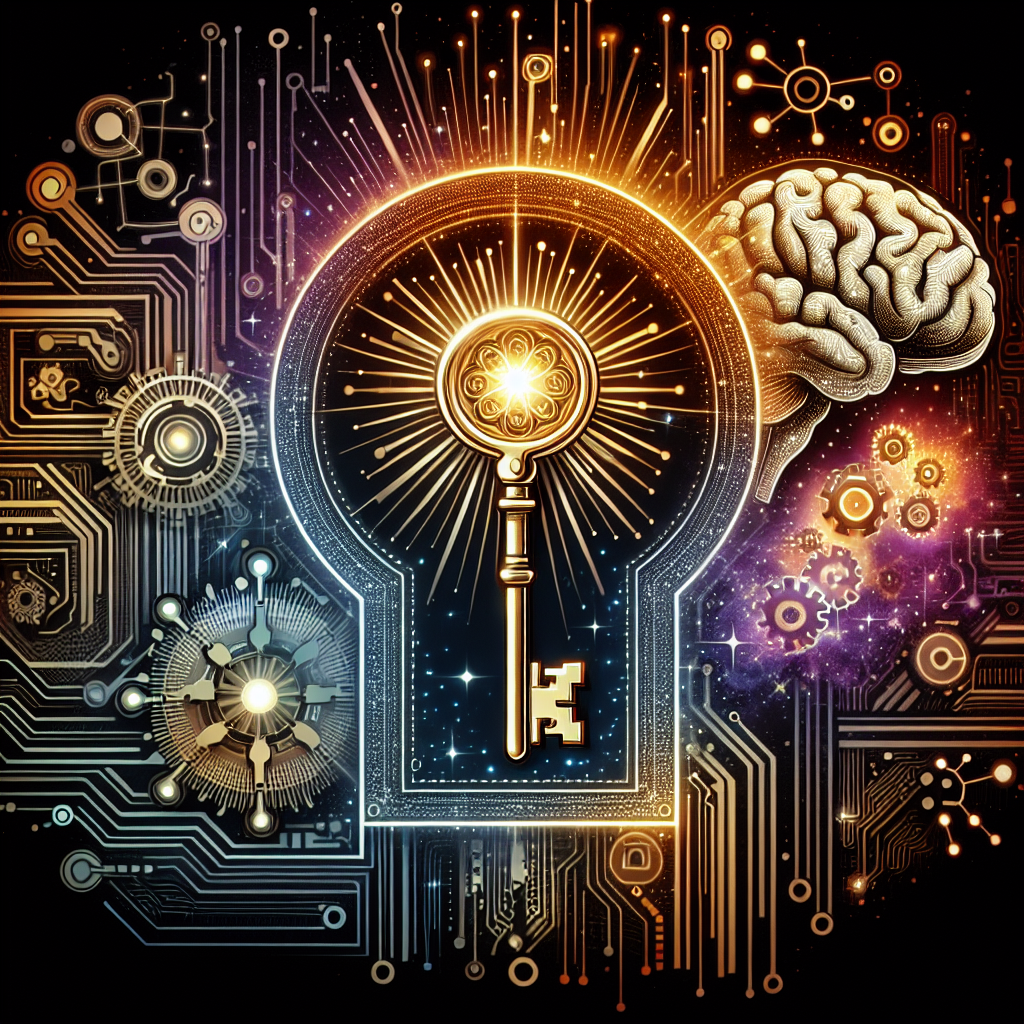Artificial General Intelligence (AGI) refers to a form of artificial intelligence that possesses the ability to understand, learn, and apply knowledge in a manner similar to human beings. While current AI systems are designed for specific tasks and are limited in their capabilities, AGI aims to create machines that can perform a wide range of cognitive tasks with the same level of flexibility and adaptability as humans.
AGI holds the promise of revolutionizing numerous industries and fields, from healthcare and finance to transportation and education. By developing machines that can think and reason like humans, AGI has the potential to automate complex tasks, make faster and more accurate decisions, and solve problems that have long eluded traditional AI systems.
The Key Components of AGI
AGI is built upon several key components that differentiate it from narrow AI systems. These components include:
1. General-purpose learning algorithms: AGI systems are designed to learn from a wide range of data sources and adapt to new information in a flexible and dynamic manner. This enables them to acquire knowledge and skills across multiple domains and tasks.
2. Reasoning and problem-solving capabilities: AGI systems possess the ability to analyze complex problems, make decisions based on incomplete information, and generate creative solutions to novel challenges. This allows them to handle uncertainty and ambiguity in a way that mirrors human cognition.
3. Natural language processing: AGI systems are equipped with advanced natural language processing capabilities that enable them to understand and generate human language in a manner that is contextually rich and nuanced. This allows them to interact with users in a more natural and intuitive way.
4. Self-awareness and self-improvement: AGI systems have the ability to monitor and evaluate their own performance, identify areas for improvement, and implement changes to enhance their capabilities over time. This self-awareness enables them to continuously learn and evolve in response to new challenges and opportunities.
Unlocking the Potential of AI with AGI
AGI has the potential to unlock the full capabilities of artificial intelligence and revolutionize the way we live, work, and interact with technology. Some of the key benefits of AGI include:
1. Improved decision-making: AGI systems can process and analyze vast amounts of data in real-time, enabling them to make faster and more accurate decisions than human beings. This can lead to improved outcomes in areas such as healthcare, finance, and cybersecurity.
2. Increased productivity: AGI systems can automate repetitive and time-consuming tasks, allowing humans to focus on more creative and strategic activities. This can lead to increased productivity and efficiency across a wide range of industries.
3. Enhanced creativity: AGI systems have the ability to generate novel ideas and solutions to complex problems, leading to breakthroughs in areas such as scientific research, product development, and art and design.
4. Improved accessibility: AGI systems can provide personalized and contextually relevant information and services to users, making technology more accessible and inclusive for people with disabilities or limited technical skills.
Frequently Asked Questions about AGI
Q: How is AGI different from narrow AI?
A: Narrow AI systems are designed for specific tasks and are limited in their capabilities, whereas AGI systems are designed to perform a wide range of cognitive tasks with the same level of flexibility and adaptability as humans.
Q: What are some of the challenges in developing AGI?
A: Some of the key challenges in developing AGI include designing algorithms that can learn and reason across multiple domains, ensuring the ethical and responsible use of AGI, and addressing concerns around privacy and security.
Q: How will AGI impact the job market?
A: AGI has the potential to automate many routine and repetitive tasks, leading to job displacement in some industries. However, it is also expected to create new opportunities for jobs that require creativity, problem-solving, and human interaction.
Q: What are some of the ethical considerations around AGI?
A: Ethical considerations around AGI include concerns about bias and discrimination in AI algorithms, the impact of automation on the workforce, and the potential for AGI to be used for malicious purposes.
Q: How can businesses prepare for the advent of AGI?
A: Businesses can prepare for the advent of AGI by investing in workforce training and development, adopting ethical and responsible AI practices, and exploring new business models and opportunities enabled by AGI.
In conclusion, AGI holds the promise of unlocking the full potential of artificial intelligence and revolutionizing the way we live, work, and interact with technology. By developing machines that can think, learn, and reason like humans, AGI has the potential to automate complex tasks, make faster and more accurate decisions, and solve problems that have long eluded traditional AI systems. While there are challenges and ethical considerations to consider, the benefits of AGI are vast and far-reaching, making it an exciting and transformative field of study.

